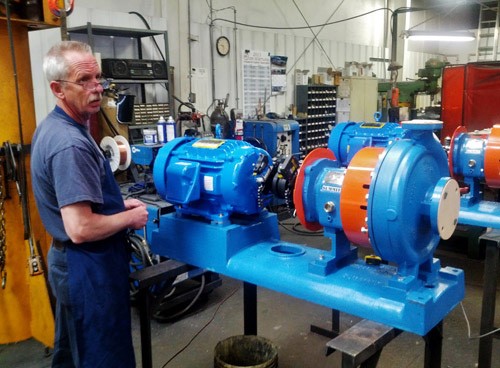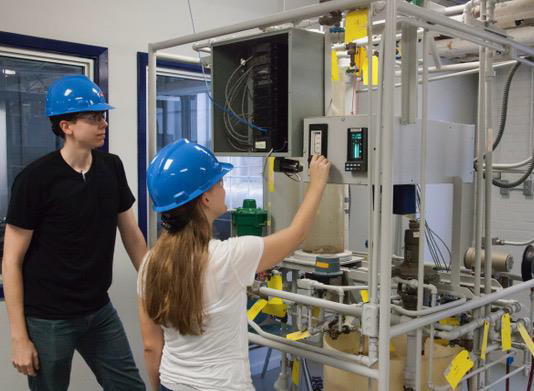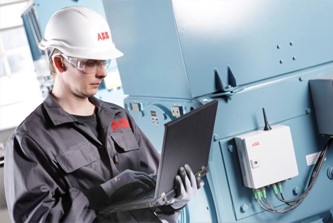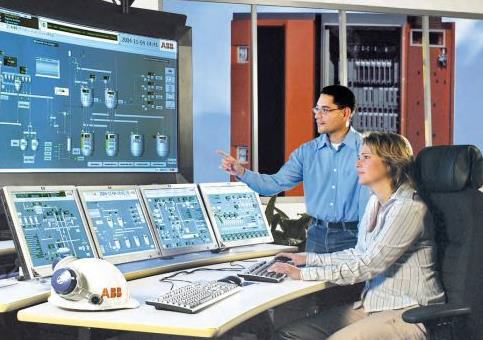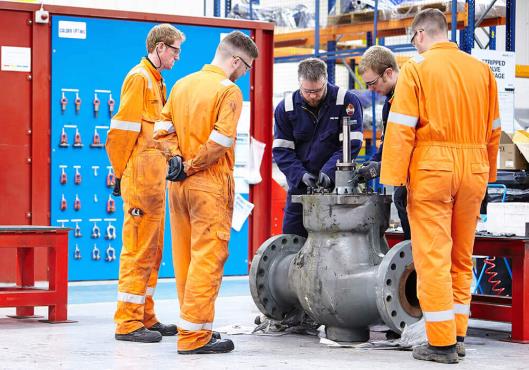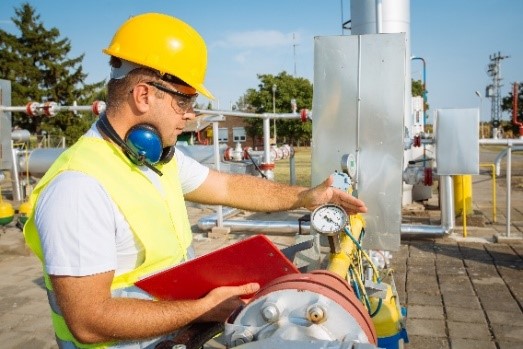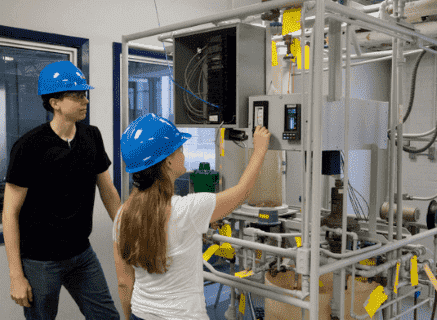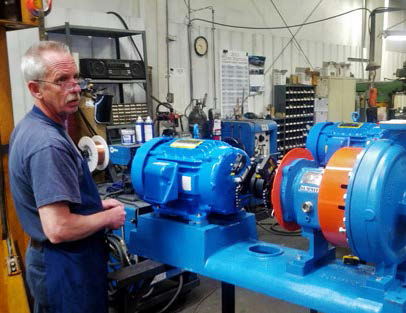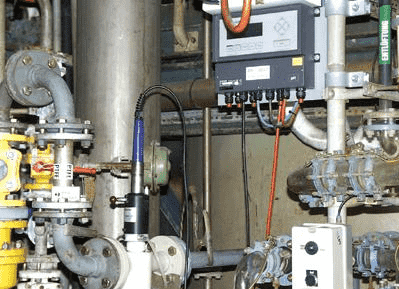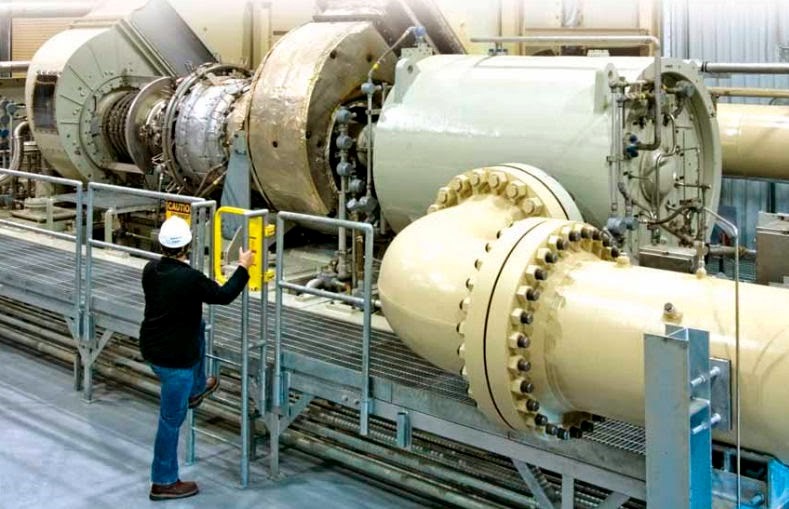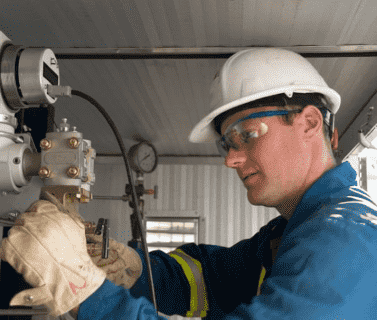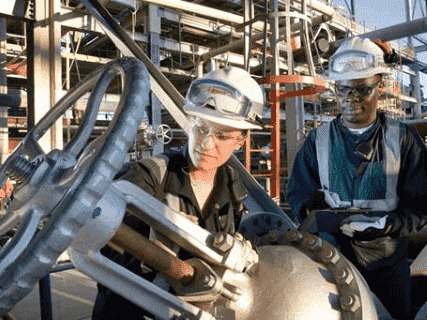TRAINING COURSES
📚 Courses We Offer 📚
Instrumentations, Control, Telecommunications & Computer Engineering
Explore our expertly curated courses designed to elevate your skills and knowledge.
- IE0600 : Metering Pump Selection, Operation, Maintenance & Troubleshooting
- Date : Jan 12 - Jan 16 2025 / 5 Days
- Location : Istanbul, Turkey
- Course Details
- IE0030 : Process Control & Instrumentation
- Date : Jan 26 - Jan 30 2025 / 5 Days
- Location : Dubai, UAE
- Course Details
- IE0038 : Process Control, Troubleshooting & Problem Solving
- Date : Feb 16 - Feb 20 2025 / 5 Days
- Location : Dubai, UAE
- Course Details
- IE0633 : Certified Mechanical Measurement Tools & Instruments
- Date : Dec 07 - Dec 11 2025 / 5 Days
- Location : Dubai, UAE
- Course Details
- IE0150 : Distributed Control System (DCS) Principles, Applications, Selection & Troubleshooting
- Date : Dec 07 - Dec 11 2025 / 5 Days
- Location : Doha, Qatar
- Course Details
- IE0343 : Maintenance of Instrumented Protection Systems (IPS), Pneumatic Converters, Process Control Systems & Emergency Shutdown Valves
- Date : Jan 12 - Jan 16 2025 / 5 Days
- Location : Doha, Qatar
- Course Details
- IE0338 : Inspection, Maintenance & Calibration Program of Terminal Flowmetering Station
- Date : Jan 19 - Jan 23 2025 / 5 Days
- Location : Istanbul, Turkey
- Course Details
- IE0367 : Maintain Fire and Gas Control Systems
- Date : Feb 03 - Feb 07 2025 / 5 Days
- Location : London, United Kingdom
- Course Details
- IE0031 : Maintain Process Control Systems
- Date : Feb 23 - Feb 27 2025 / 5 Days
- Location : Istanbul, Turkey
- Course Details
- IE0035 : Liquid & Gas Flowmetering & Custody Measurement: Multiphase, Ultrasonic & Loss Control
- Date : Dec 07 - Dec 11 2025 / 5 Days
- Location : Al Khobar, KSA
- Course Details
- IE0273 : Process Controller, Control Loop & Valve Tuning
- Date : Dec 07 - Dec 11 2025 / 5 Days
- Location : Dubai, UAE
- Course Details
- IE0641 : Certified Fiber Optic Technician (FOA-CFOT Exam Preparation Training)
- Date : Dec 07 - Dec 10 2025 / 4 Days
- Location : Al Khobar, KSA
- Course Details
- IT0011 : ISO 27001 Risk Assessment: Information Security, Cybersecurity & Privacy Protection – Information Security Management Systems
- Date : Feb 02 - Feb 06 2025 / 5 Days
- Location : Dubai, UAE
- Course Details
- IE0501 : Plant Equipment & Control System Protection
- Date : Jan 12 - Jan 16 2025 / 5 Days
- Location : Dubai, UAE
- Course Details
- IE0038 : Process Control, Troubleshooting & Problem Solving
- Date : Apr 06 - Apr 10 2025 / 5 Days
- Location : Kuwait City, Kuwait
- Course Details
- IE0150 : Distributed Control System (DCS) Applications, Selection & Troubleshooting
- Date : Apr 27 - May 01 2025 / 5 Days
- Location : Kuwait City, Kuwait
- Course Details
- IE0600 : Metering Pump Selection, Operation, Maintenance & Troubleshooting
- Date : Jul 13 - Jul 17 2025 / 5 Days
- Location : Kuwait City, Kuwait
- Course Details
- IE0150 : Distributed Control System (DCS) Applications, Selection & Troubleshooting
- Date : Sep 14 - Sep 18 2025 / 5 Days
- Location : Kuwait City, Kuwait
- Course Details
- IE0350 : Safety Integrity Level (SIL) Determination and Verification
- Date : Sep 28 - Oct 02 2025 / 5 Days
- Location : Kuwait City, Kuwait
- Course Details
- IE0780 : Compressor Control & Protection
- Date : Oct 19 - Oct 23 2025 / 5 Days
- Location : Kuwait City, Kuwait
- Course Details
- IE0105 : Advanced Process Control & Loop Tuning
- Date : May 18 - May 22 2025 / 5 Days
- Location : Dubai, UAE
- Course Details
- IE0536 : Meter Maintenance - Advanced
- Date : Jul 20 - Jul 24 2025 / 5 Days
- Location : Dubai, UAE
- Course Details
- IE0995 : Advanced Certificate in Instrumentation Calibration
- Date : Jan 06 - Jan 10 2025 / 5 Days
- Location : Abu Dhabi, UAE
- Course Details
- IE0340 : Custody Measurement, Fiscal Flow Metering, Meter Calibration, Uncertainty Calculations & Loss Control of Petroleum Products
- Date : Jan 12 - Jan 16 2025 / 5 Days
- Location : Doha, Qatar
- Course Details

